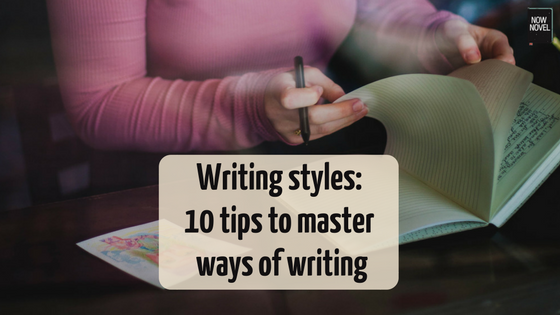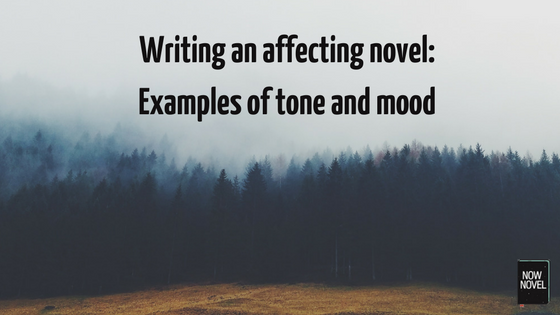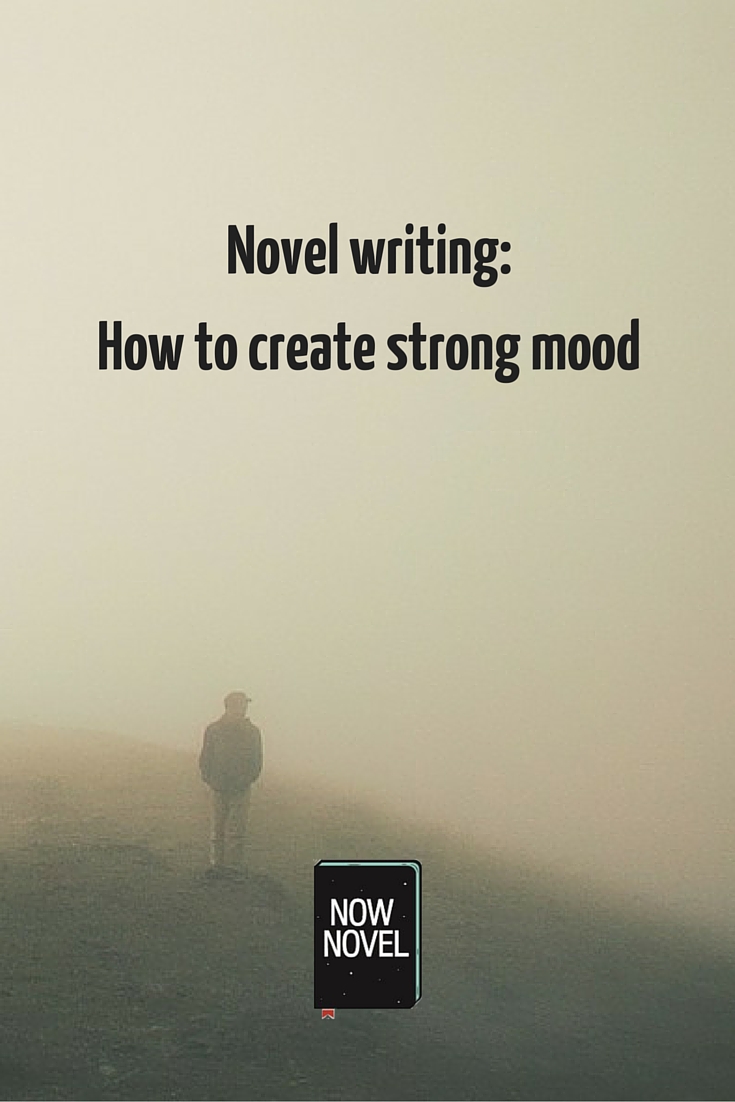Developing the story content of your writing – your characters, plots, dialogue and other areas – is important. Yet mastering different writing styles is equally important if you want to convey your story to readers with creative precision. Read 10 tips for developing and mastering your language use:







